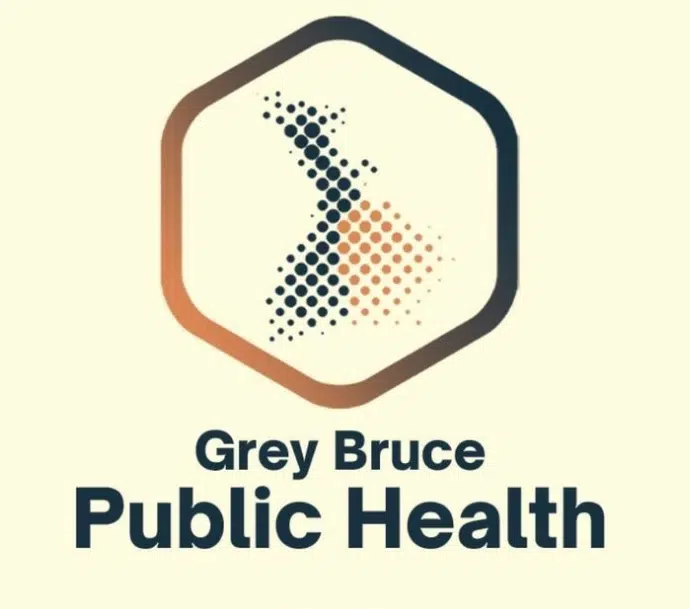Grey Bruce Public Health says a bat in the area has tested positive for rabies.
They submitted the big brown bat for testing earlier this week, as part of an investigation into a potential human exposure.
Public Health says it’s continuing to follow up with those involved to prevent rabies infection.
They note it’s the first animal rabies case in Grey-Bruce this year.
Chimere Okoronkwo, a Senior Public Health Manager, says in a statement, “While the risk of acquiring rabies locally remains very low, this case highlights the importance of avoiding contact with wildlife and taking other steps to prevent animal bites and scratches.”
According to Public Health, rabies is usually transmitted to humans through direct contact with saliva from an infected animal, such as through a bite or, less commonly, a scratch. Bats, skunks, foxes, and raccoons are the most common animals to have rabies in Ontario.
Once symptoms appear, the rabies virus is virtually 100 per cent fatal in people and animals.
However, rabies vaccines are highly effective at preventing the disease if administered before symptoms occur.
In 2024, there were 91 confirmed wildlife rabies cases in Ontario, with the vast majority involving bats.
That same year, Grey Bruce Public Health conducted 722 potential rabies exposure investigations. They say close to seventy percent of the investigations followed a dog bite, while 131 were linked to a cat bite/scratch and 86 involved a human-wildlife interaction.
Public health advises people to stay away from wild animals and keep pets away from them.
Have your pets vaccinated for rabies; it is the law in Ontario that all cats, dogs, and ferrets over 3 months of age are vaccinated for rabies.
They say you can bat-proof your home or cottage by caulking holes in the exterior, even those as small as one-quarter to one-half inch in diameter, tightening screens, capping your chimney, placing draft guards under doors leading to the attic and outside, and filling plumbing fixture holes with steel wool or caulk.
You can call the Wildlife Health Information Line at 1-888-574-6656 for information about how to report a suspected rabid animal or visit the Ontario government’s Rabies webpage.






Comments